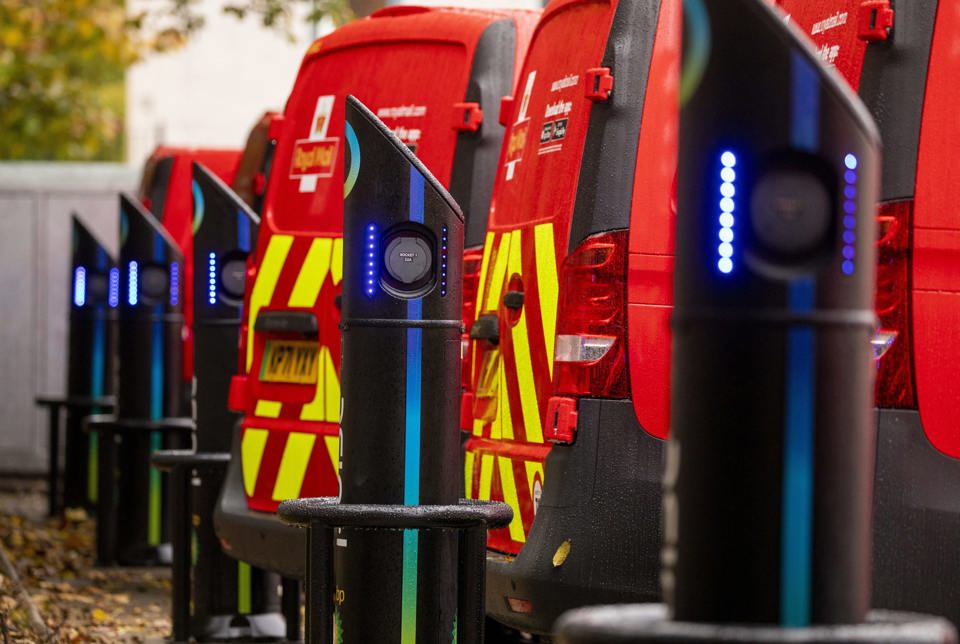An online platform that allows fleets to share their electric vehicle (EV) charging facilities with other businesses is being planned by the Association of Fleet Professionals (AFP).
The trade body will initially provide a ‘matchmaking’ service to initiate charging agreements between fleets, before commissioning the online platform.
The move follows extensive work by the organisation’s shared charging committee, which was launched at the start of this year and includes the AA, Alliance Healthcare, Auditel, IFC Group, National Grid and Royal Mail.
AFP chair, Paul Hollick, said: “We’re now in a position where there is a two-pronged strategy being adopted.
“To kick things off, we’re looking to provide an online matchmaking service that will link fleets that have spare charging capacity at their premises with others who need charging in those areas.
“Once we’ve created an introduction, those businesses will make their own commercial arrangements, although we are here to offer advice if needed.”
Hollick continued: “The next step will be to commission an online platform that will enable a more structured approach.
“Fleets that have charging facilities to spare will register and then those that need charging will be able to search and book. It should also set prices and payment terms.”
Hollick says that if it can make the platform work, it would provide a “substantial boost” for fleet EV charging.
“While it is not a universal solution – the provision of spare charging is probably not going to be evenly distributed across the country – it should provide a useful option for fleets beyond home charging, their own workplace charging, and pay-on-use public chargers,” he added.
The AFP’s EV committee has reported that charging needs to be priced at a maximum of 40 pence per kWh in order to make shared charging viable.
Hollick explained: “We need the price to be low enough that it is attractive to fleet users and high enough that it provides a worthwhile margin for charging providers. Pricing is the crux to wider adoption of this idea and we believe that this is the sweet spot.”
He added that the discussions undertaken by the committee had been about not just identifying charging providers and customers, and linking them, but also how to gain access to charging sites, health and safety considerations, measuring charging use, and potential payment mechanisms.
“There are a whole host of issues to consider that need to be resolved for shared charging to work on individual sites,” he continued. “We need it to be safe and easy for van and car drivers to pop in, top up their charging, and continue their journey.”
Last year, research from the AFP suggested that more than half of van fleets would consider sharing on-site EV charging infrastructure with other operators.
The shared charging committee can be contacted at administration@theafp.co.uk and is keen to hear from both potential charging providers and users.
Last month, a new Government-funded project was launched around the sharing of private depot EV charge points with commercial vehicle operators.
Paua PINS (Private Infrastructure Network Solution) has received around £300,000 from the Department for Transport (DfT) through its Transport Decarbonisation Demonstrators programme, which is delivered by Innovate UK.
Paua, Cenex, Oxfordshire County Council, Suffolk County Council, Daf and a host of leading fleets, industry bodies and software providers are collaborating on the 10-month project to make depot sharing a reality on a commercial scale for fleets.
Cenex, Oxfordshire County Council, Suffolk County Council and Paua have agreed to demonstrate this solution to decarbonising business vehicles.
The two county councils will provide depot locations/vehicles to share with others, while Cenex will explore the technical and commercial challenges of this approach.





















Login to comment
Comments
No comments have been made yet.